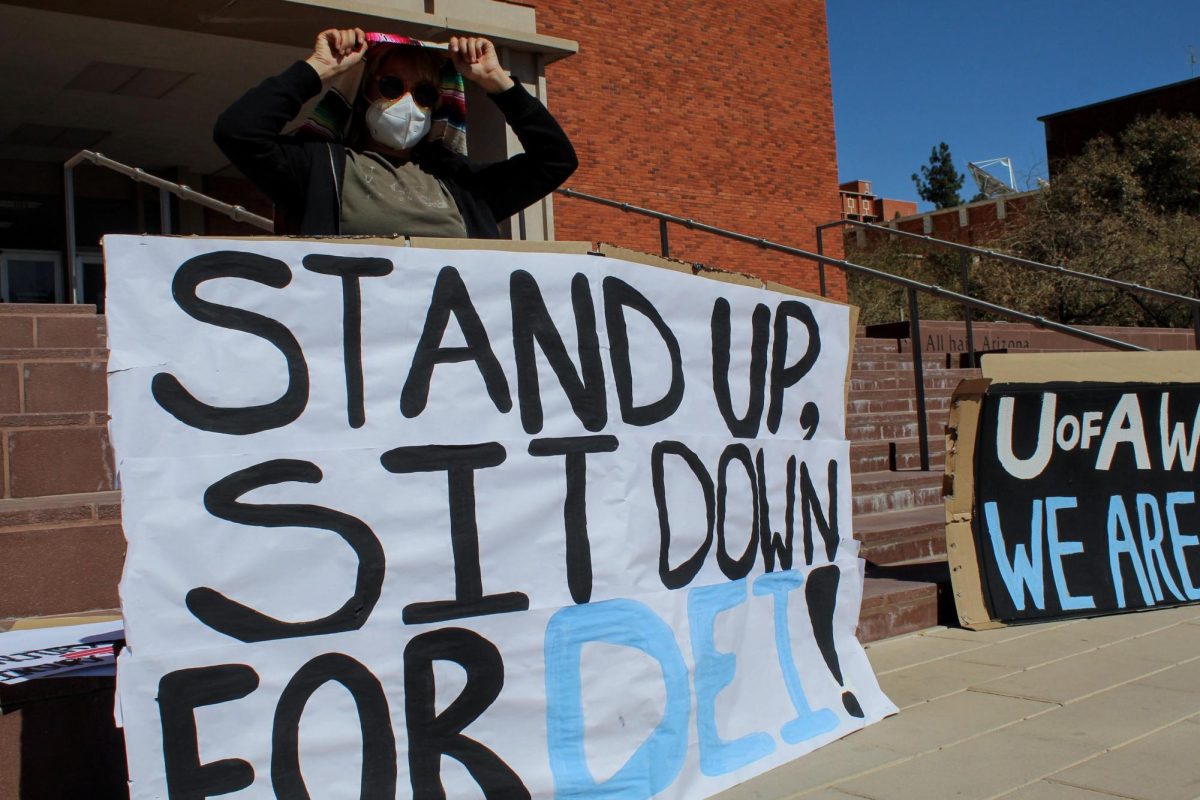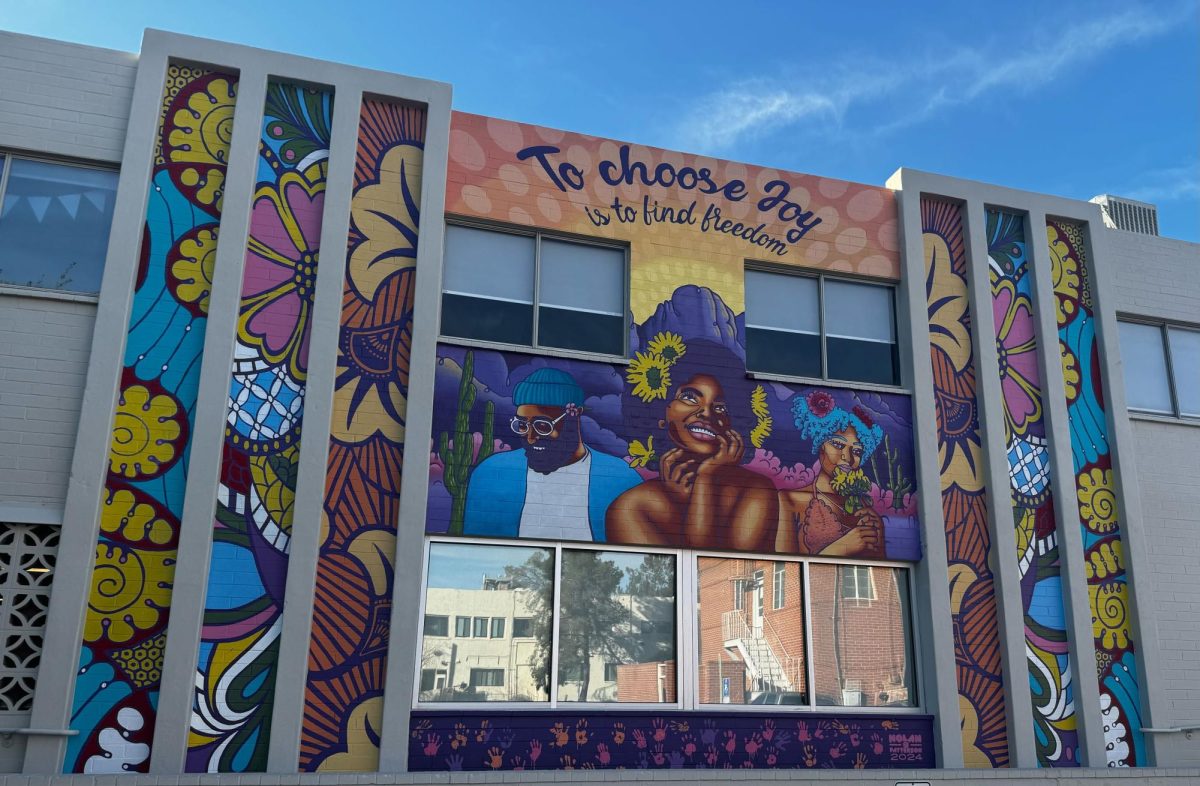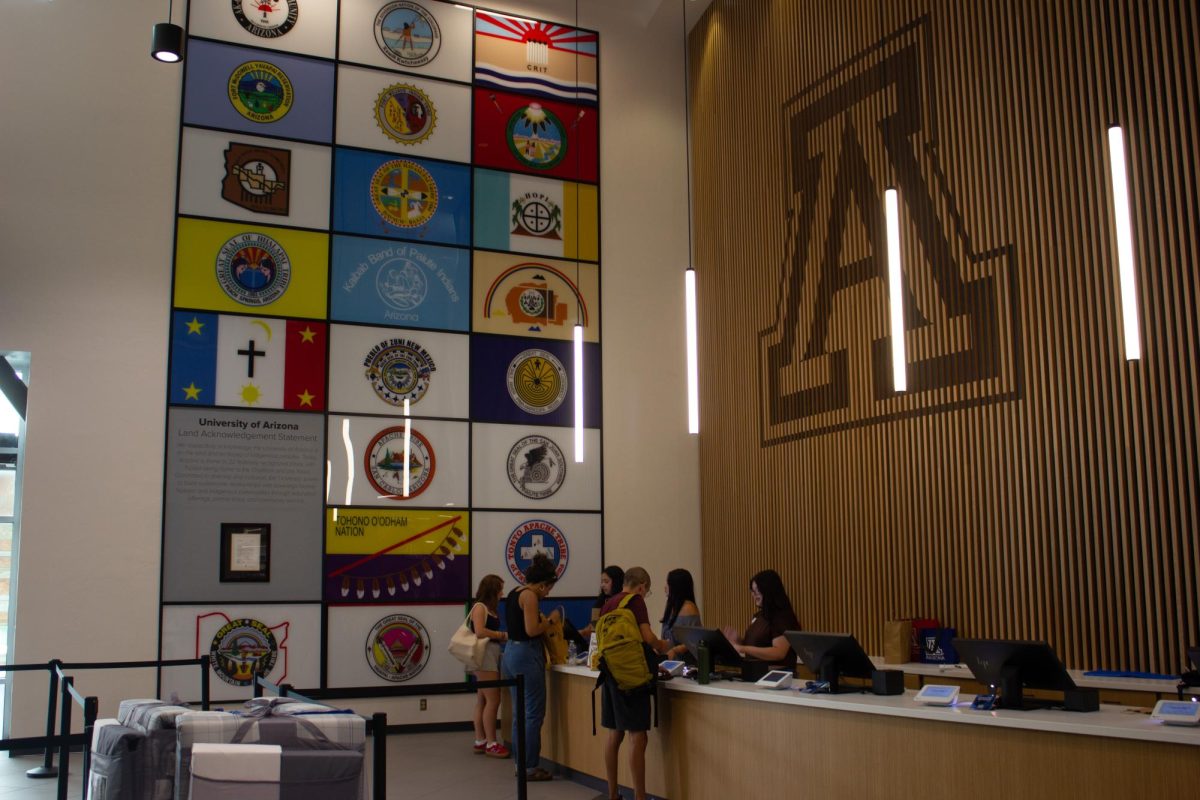The right to vote is one of the most fundamental rights guaranteed by the U.S. Constitution. With the midterm elections rapidly approaching, registered Arizona voters can learn about the state and federal law to know their rights when they go to the polls this November.
Voter Identification Requirements
As of 2018, 34 states have laws requiring voters to show some form of identification when they vote in person. Arizona voters are required to show a form of identification with their current address displayed on Election Day. Voters do not need to provide an ID to vote in person before Election Day. Voters that are Native American do not need to provide an ID with an address on or before Election Day.
RELATED: Creating impressions: How political graphic design sways voters
“The ostensible purpose of voter ID laws is to prevent voter fraud, but studies show that in-person voter fraud — the only sort that voter ID laws could prevent — is virtually nonexistent,” said Andrew Coan, Associate Director at the University of Arizona’s William H. Rehnquist Center on the Constitutional Structures of Government.
Under the voter identifications laws in Arizona, if a voter doesn’t present any form of ID, then they can still cast a ballot, called a provisional ballot. No one can be turned away from a polling station before casting a ballot.
Some voters will be given provisional ballots if they are voting at their incorrect polling location or because their information is not updated on voting registries. Conditional provisional ballots will be counted only if the voter presents an acceptable form of identification to the county recorder within five business days of the election. However in certain cases, provisional ballots will not be counted even if the proper form of identification is presented.
“If a voter happens to be voting on election day at a polling center and they are told that they need to cast a provisional ballot, [it] does not necessarily mean that their vote won’t count,” said Priya Sundareshan, Legal Director for the Arizona Democratic Party’s voter protection hotline.
Language Accessibility
As required by the federal Voting Rights Act of 1965, all polling stations must be accessible for individuals with limited English to vote. Arizona counties are required to provide translated election material in Spanish or Native American languages.
“By and large, the state of Arizona does an excellent job with providing the necessary assistance to people who do not know much English both in terms of printed material and electronically or for those with handicaps,” said Bill Beard, former chairman for the Pima County Republican Party.
No voter should be turned away from a polling station if they are handicapped or do not speak English.
Mail-in Ballots Restrictions
Arizona voters can choose to mail in an early ballot or drop an early ballot off at a polling location on Election Day. Voters also have the option to drop off their ballots at an early voting polling location before Election Day.
As of March of 2016, Arizona voters made it a felony for people who are not a family member, household member or guardian of the voter to collect and turn in another voter’s ballot even if they have permission from the voter.
RELATED: Promises, propositions and potential: education in the election
“This came into an effect a few years ago and is designed to avoid any type of voter fraud and to make sure that the ballots being cast are, in fact, valid,” said Joseph Kanefield, a former Arizona State Election Director.
Checking Voter Registration
Any voters who want to check if they are properly registered to vote with their current address and personal information, the Arizona Secretary of State website offers a registration information tab that allows voters to search for their voter information which will ask the voters for their voter Id or driver’s license number, date of birth, last name and county that they are registered in.
Follow Sharon Essien on Twitter









